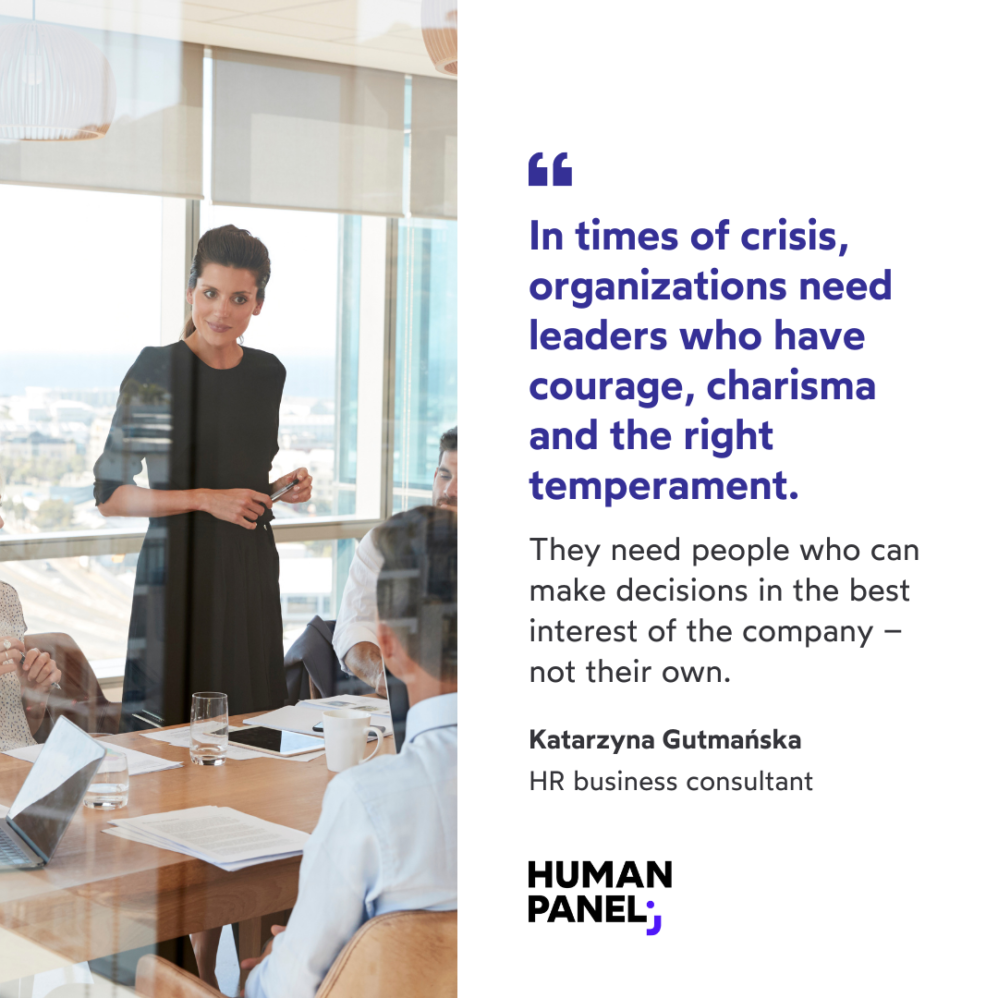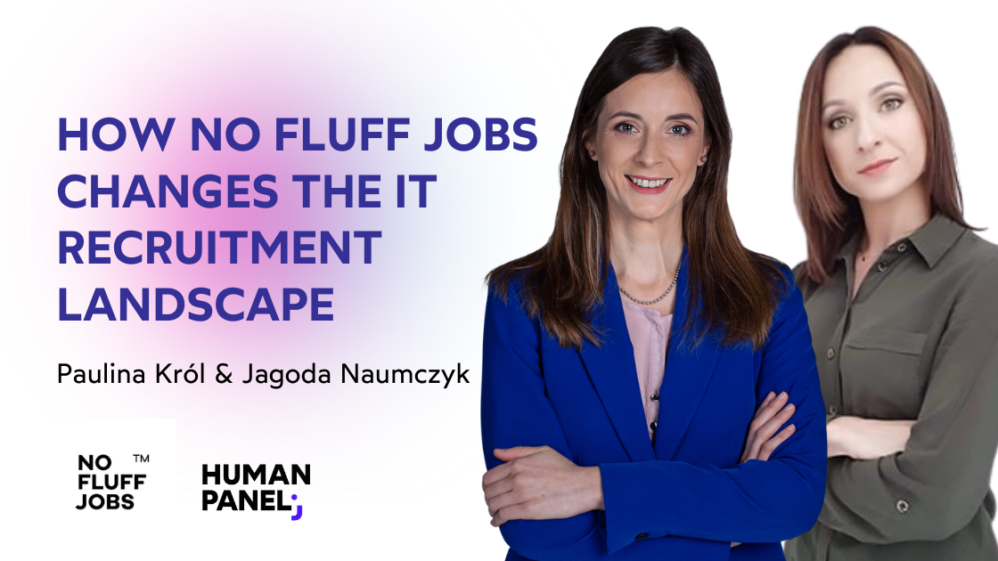Expert voice: 10 leadership lessons from the Covid-19 crisis

Together with Katarzyna Gutmańska, we have selected the 10 most important leadership lessons from the pandemic.
“Covid-19 actually forced us to find some new practices that are better than the ones we used before the pandemic. I do not want to lose those new practices when Covid-19 is over,” said one of the CEOs in an interview with Harvard Business Review.
Her words reflect what many executives have learned over the past 20 months. The new reality requires new ways of driving change in companies and new ways of leading the workforce. Some companies have used the disruption as an opportunity to change and adopt progressive leadership strategies. Others, choosing to go with the flow, lagged behind and then paid a costly price for recovery. We have all learned that increasing volatility, complexity, and agility are the new normal – and that we all need to build more adaptive organizations.
All pandemics eventually come to an end. Covid-19 has already set out to become a manageable enemy, but its aftermath will likely stay with us forever. Together with Katarzyna Gutmańska, former director of HR and HR business consultant, we selected the 10 most important leadership lessons leaders have learned from the pandemic – all worth sticking to even after the Covid-era ends.
1. Agile decision making
“In times of crisis, organizations need leaders who have courage, charisma and the right temperament. They need people who can make decisions in the best interest of the company – not their own,” says Katarzyna Gutmańska.
“Companies with courageous leaders have adapted faster to ongoing change. Agile decision-making meant a better transition to remote work and encouraging employees to step out of their standard roles in the organizational structure. This helped many companies navigate safely through the pandemic.

2. Remote work arrangements
“Many managers faced remote work challenges. They often had to change their attitude and management style and trust their employees. For some, putting the impact of an employee’s work ahead of the need to be constantly informed was no easy task.
I would say that the leadership style was critical in organizing remote work – strong leaders with the right character were able to be effective without micromanaging or over-controlling their teams.”
3. Communication
“Communication had to change during the pandemic due to the prevalence of the remote work environment. Mature leaders knew they had to serve their employees and be responsive to their needs rather than be demanding and execute tasks.
We remember that in the first few weeks of remote work, we all had problems with the new tools and the technical aspects of video conferencing. In such circumstances, the main goal of communication should be to integrate people, not to scare or discourage them.
4. Empathy
“Empathy is one of the most important leadership skills needed, especially in a distributed work environment. We are all people – and we found ourselves in extraordinary and unusual situations. That’s why it’s so important to care about the organizational culture and employees’ well-being.
HR needs to make sure employees know how valuable they are to the company and that they are part of something bigger. The company’s goals are important – but so are the people who achieve them.
Katarzyna Gutmańska
5. Employee wellbeing
“Remote working has its benefits, one of which is a significant improvement in the work-life balance of employees. Managers should remember this lesson and look after the wellbeing of their teams, even when the pandemic is over.
It’s not enough to conduct an employee satisfaction survey once a year. HR departments need to do this systematically to monitor current needs and issues.
Caring is critical – the organizations that fail to do this are likely to fail, too.”
6. Knowledge sharing
“Knowledge sharing is closely linked to building trust and caring for staff. This was extremely important at the beginning of the pandemic when we all had to move to remote working and needed both technical and mental support.
I would liken it to building bridges between managers and their employees. It’s important to make everyone feel safe, knowledgeable and valuable to the company.”
7. Productivity and efficiency measurements
Many managers were compelled to change the way they measured the efficiency of their work. Before the pandemic, they did this by observing their employees at work. Remote working forced adjustments to these methods, and changes to KPIs in many cases.
Measuring performance and productivity is a complex challenge for which there are no simple formulas. This is where people analytics solutions can help, offering the ability to collect and analyze multiple data points, such as self-assessments, or peer and manager ratings.
8. Skills-based workforce planning
The pandemic has demonstrated that we need new skill profiles and talent ready to learn new things. Skill-based workforce planning will soon be a must, because competition in the talent market is fierce.
Executives and companies need to build talent pools that consist of people who demonstrate the ability to continuously learn and grow. Regardless of the industry, future employees have to be equipped with creativity, imagination, and the potential to engage in new tasks.
Katarzyna Gutmańska
9. Learning and development
In the context of competency-based workforce planning, reskilling, learning and development are critical. The best talent is looking for a place to grow – so it’s not enough to entice them with competitive salaries and benefits.
They will look for companies that offer a good work environment, a strong culture, and the opportunity to learn new things. For this reason, employer branding and building a positive employee experience are playing an increasingly important role in many companies, and this trend will only increase in the future.
10. Transparency
Companies need to be clear and concise in order to be successful. Living in an ever-changing world requires transparency in all HR processes. Employees must be treated fairly and be seen as partners. If you act fairly, you will be treated fairly – and that includes HR, too.
If you treat people with respect, care and empathy, they will be willing to give you the best of themselves.
Are you an ambitious leader who’s looking for ways to improve workforce management? Do you want to track the right HR metrics to stop turnover and attract the best talent? Sign up for a free demo and see what Human Panel can do for you. We’ll show you how people analytics can help you solve your organization’s problems and make your leadership better.




